The “Rights of Man” is a traditional Irish hornpipe tune, often celebrated for its lively and intricate melody. Composed in the late 18th century, it is commonly attributed to James Oswald, a prominent Scottish composer and music publisher. The tune’s title is thought to be inspired by Thomas Paine’s revolutionary political pamphlet The Rights of Man, reflecting the era’s spirit of change and reform. Popular among Irish session musicians, the “Rights of Man” is cherished for its rhythmic swing, making it a staple in traditional music gatherings and a favorite for dancers and players alike.
Rights of Man
Key
E Min.
Tune Type
Hornpipe
History
The hornpipe “Rights of Man” holds an intriguing place in traditional Irish and Celtic music, both for its lively melody and its historical connections. The tune is often attributed to James Oswald, a Scottish composer and publisher active in the 18th century, though concrete evidence of his authorship remains uncertain. The piece likely gained prominence during the late 1700s, a time marked by social upheaval and revolutionary ideals sweeping across Europe and America.
.The title, “Rights of Man”, appears to reference the famous political pamphlet by Thomas Paine, published in 1791-92. Paine’s work was a defense of the French Revolution and a call for democratic principles and individual liberties. The naming of the tune may reflect the widespread influence of these revolutionary ideals during that era. However, it is unclear whether the tune was directly associated with political movements or simply adopted the title due to its cultural resonance at the time.
.While the tune’s origins are debated, “Rights of Man” became widely incorporated into the Irish traditional music repertoire, where it is played as a hornpipe. Its intricate phrasing and characteristic “swing” rhythm have made it a favorite among fiddlers, flutists, and pipers. The melody is known for its distinctive, danceable structure, making it equally popular among step dancers.
.Today, “Rights of Man” is a staple in traditional music sessions around the world. Its enduring appeal speaks to the adaptability and universality of traditional tunes, as it continues to connect musicians and audiences across generations.
Also Known As
- Ceart Na Cine Daona
Lyrics
“Rights of Man” is an instrumental hornpipe and does not traditionally have lyrics, as is common with many tunes in Irish and Celtic music. It is meant to be performed on instruments like the fiddle, flute, tin whistle, or uilleann pipes, showcasing its intricate melody and rhythmic swing.
Comment On This Tune
We'd Love To Hear From You


Responses